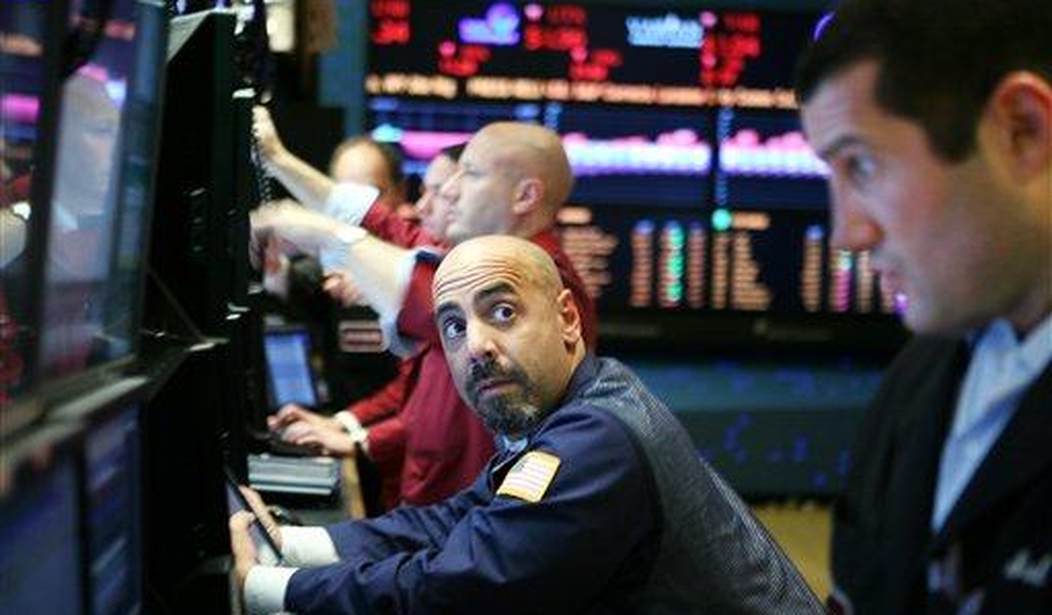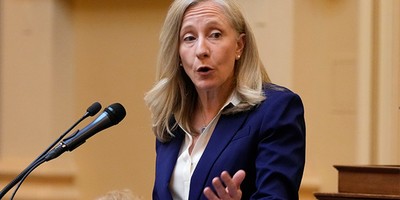Another ghost of past economic woes appeared on Friday afternoon when assets held by Silicon Valley Bank were seized by California regulators and the Federal Deposit Insurance Corporation (FDIC) appointed their receiver in what is now the largest bank failure to take place since the financial crisis of 2008 — as well as the second-largest bank failure in U.S. history. The largest was 2008's failure of Washington Mutual.
Silicon Valley Bank was the 2nd largest bank failure in US history. Only Washington Mutual was bigger... pic.twitter.com/cXnaQiQ8TN
— Charlie Bilello (@charliebilello) March 10, 2023
The California Department of Financial Protection and Innovation (DFPI) cited "inadequate liquidity and insolvency" for its decision to take possession of Silicon Valley Bank — the 16th largest bank in America — and its roughly $209 billion in total assets and total deposits of approximately $175.4 billion.
BREAKING: FDIC APPOINTED RECEIVER OF SILICON VALLEY BANK.
— Brendan Pedersen (@BrendanPedersen) March 10, 2023
We knew there were problems at SVB, but this is *exceptional* for a few reasons:
FDIC rarely, rarely fails banks during business hours. We usually see this at COB on Fridays, so this must have been extremely dire. pic.twitter.com/4EjLgagQZM
ABC News explained that Silicon Valley Bank "was heavily exposed" to the tech industry, adding "there is little chance of contagion in the banking sector as there was in the months leading up to the Great Recession," but there have been signs that other banks are having some issues with liquidity of late.
More, via ABC News:
The FDIC ordered the closure of Silicon Valley Bank and immediately took position of all deposits at the bank Friday. The bank had $209 billion in assets and $175.4 billion in deposits as the time of failure, the FDIC said in a statement. It was unclear how much of deposits was above the $250,000 insurance limit at the moment.
Notably, the FDIC did not announce a buyer of Silicon Valley's assets, which is typically when there's an orderly wind down of a bank. The FDIC also seized the bank's assets in the middle of the business day, a sign of how dire the situation had become.
Recommended
Dire indeed, and things aren't looking great for banks in general this week with as their stocks tumble amid a sharp selloff. Thursday saw the Dow Jones Industrial Average dump more than 500 points amid a "collapse" in bank stocks, as Forbes described things. By Friday afternoon, following the failure of Silicon Valley Bank, the Dow was down more than 250 points and Thursday's selloff caused global markets to sink.
Wall Street is digesting the fall of Silicon Valley Bank, the largest financial institution to fail since the 2008 financial crisis. https://t.co/hcuA7f4wde pic.twitter.com/IjcN8r3JUd
— Yahoo Finance (@YahooFinance) March 10, 2023
As CNN Business explained, some of banks' issues come as a result of the Federal Reserve's aggressive interest rate hikes undertaken in the last 12 months. "On one hand, high interest rates have been a boon for banks, helping them make heftier returns on loans to households and businesses, and as savers deposit more of their money into savings accounts," the report noted.
"But, on the other, some large banks that had scooped up expensive Treasuries and other bonds when interest rates were very low, are sitting on losses as borrowing costs have risen and bond prices have gone down." Hence some of this week's mess. "Banks heavily exposed to the tech sector, like SVB, are particularly at risk as cash-hungry startups withdraw their deposits," CNN Business added.

























Join the conversation as a VIP Member